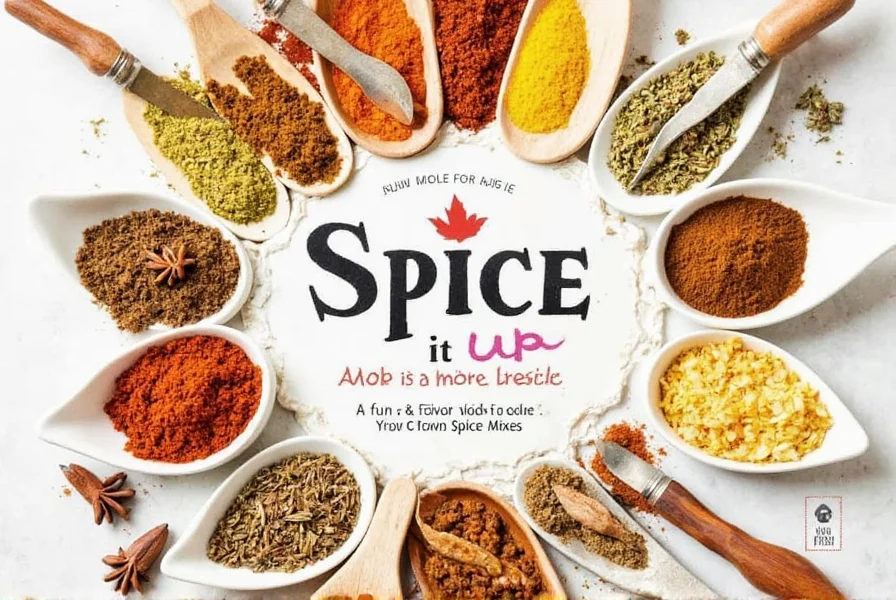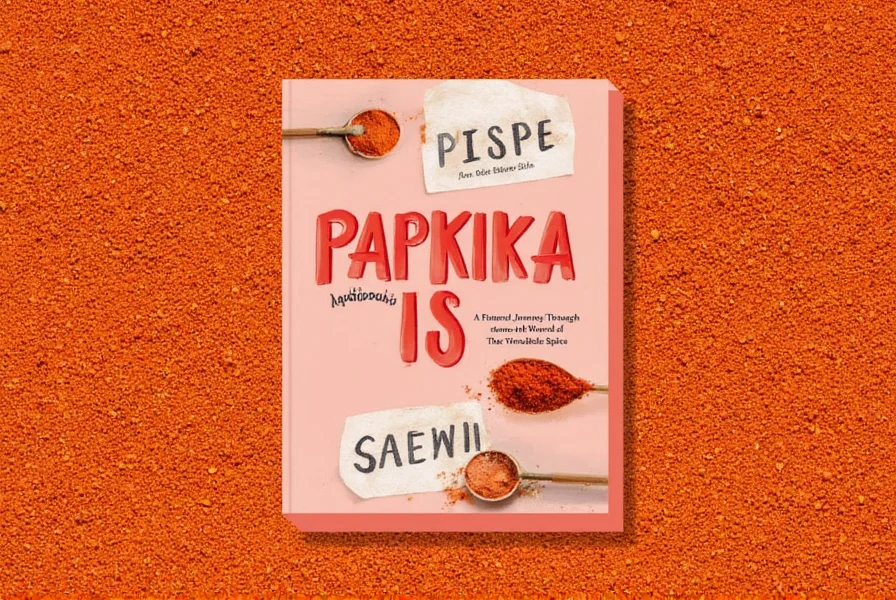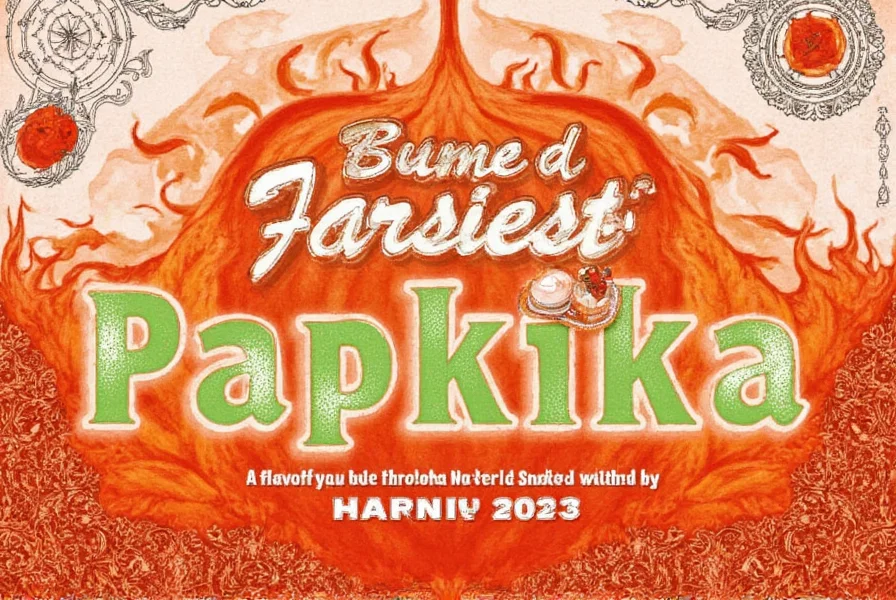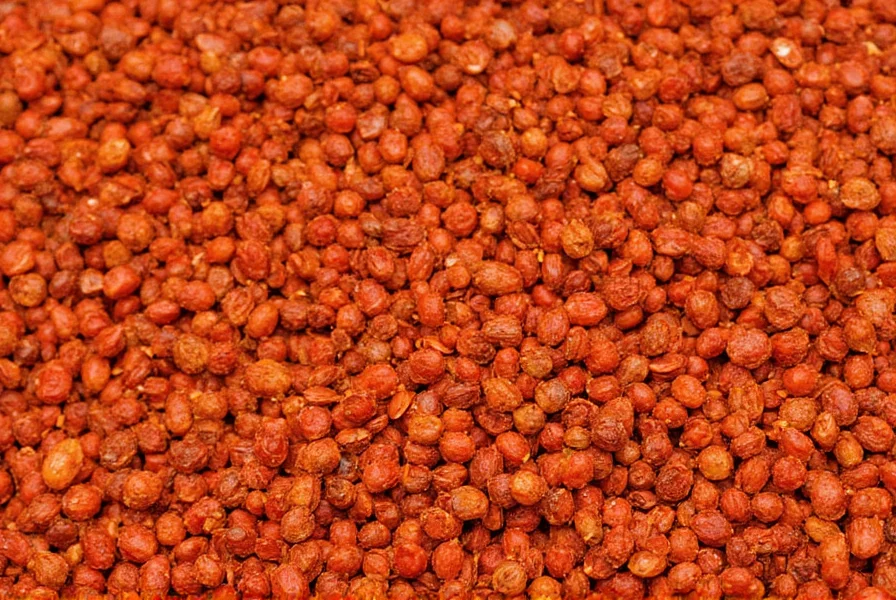10+ Easy Paprika Recipes for Every Meal
Paprika is a versatile spice that adds rich flavor and vibrant color to dishes. Here are 10+ simple, step-by-step recipes using smoked, hot, and mild paprika varieties to elevate your cooking. Each recipe includes specific paprika types and tips for maximum taste.
Smoked Paprika Roasted Potatoes
Perfect for side dishes or snacks
- Ingredients: 2 lbs potatoes (cubed), 2 tbsp olive oil, 1 tbsp smoked paprika (Pimentón de la Vera), 1 tsp garlic powder, salt to taste
- Steps: Toss potatoes with olive oil, smoked paprika, garlic powder, and salt. Spread on a baking sheet. Roast at 400°F (200°C) for 25-30 minutes until crispy. Serve hot.

Hot Paprika Chicken Skillet
Quick weeknight dinner
- Ingredients: 4 chicken breasts, 1 tbsp hot paprika, 1 tsp cumin, 1/2 cup chicken broth, 1 onion (sliced), olive oil
- Steps: Season chicken with hot paprika and cumin. Sear in olive oil for 5 minutes per side. Add onion and broth, simmer for 10 minutes until cooked through. Serve with rice.
Mild Paprika Creamy Tomato Soup
Ideal for cozy lunches
- Ingredients: 2 cans crushed tomatoes, 1 cup heavy cream, 1 tsp mild paprika, 1 onion (chopped), 2 cloves garlic (minced), 1 tbsp butter
- Steps: Sauté onion and garlic in butter until soft. Add tomatoes and simmer for 15 minutes. Stir in mild paprika and cream. Heat gently (do not boil). Serve with crusty bread.
Types of Paprika and Best Uses
| Type | Description | Flavor Profile | Best Used In |
|---|---|---|---|
| Smoked Paprika (Pimentón de la Vera) | Produced in Spain, dried over wood fires for a distinct smoky aroma. | Smoky, sweet, and slightly spicy | Roasted potatoes, grilled meats, paella |
| Hot Paprika | Spicier variety, common in Hungarian cuisine. | Spicy, bold, and rich | Chicken skillet, goulash, spicy sausages |
| Mild Paprika | Sweet and earthy, perfect for everyday cooking. | Sweet, mellow, and versatile | Tomato soup, creamy sauces, roasted vegetables |

Pro Tips for Perfect Paprika Dishes
- Start Small: Add paprika gradually to avoid overpowering flavor.
- Pair with Fat: Mix with olive oil or butter before adding to dishes for better flavor infusion.
- Don't Overheat: Add at the end of cooking for fresh, vibrant taste—high heat causes bitterness.
- Experiment: Combine with cumin, garlic, or oregano for complex profiles (e.g., in chili or marinades).

Buying Guide: How to Choose Quality Paprika
Key Features to Look For
- Origin: Spanish Pimentón de la Vera for authentic smoked flavor.
- Smoking Method: Traditional wood-smoked (e.g., oak) for depth.
- Texture: Fine, even granules—avoid coarse or lumpy spice.
- Label Details: Check for "dulce" (sweet), "agridulce" (bittersweet), or "picante" (spicy) on smoked varieties.
Top Recommendations
- La Tienda Pimentón de la Vera: Organic, oak-smoked. Ideal for paella and grilled meats.
- Herbs & Spices Co. Mild Paprika: Hungarian-sourced, fine grind. Perfect for soups and sauces.
Frequently Asked Questions
What is paprika?
Paprika is a spice made from ground dried peppers of the Capsicum genus. It ranges from sweet and mild to hot and smoky, depending on the variety. Spanish smoked paprika (pimentón) is especially prized for its rich flavor.
What's the difference between smoked paprika and regular paprika?
Smoked paprika is dried over wood fires, giving it a deep, smoky taste. Regular paprika is air-dried and lacks this complexity. Smoked paprika is essential for dishes like paella, while regular works well in everyday cooking.
Can you share a simple paprika recipe for beginners?
Absolutely! Try Smoked Paprika Roasted Potatoes: Toss cubed potatoes with olive oil, 1 tbsp smoked paprika, garlic powder, and salt. Roast at 400°F for 25-30 minutes. It's quick, flavorful, and perfect for starters.
How do I store paprika to keep it fresh?
Store in an airtight container in a cool, dark place away from heat and sunlight. Properly stored, it retains flavor for 6-12 months. For longer storage, refrigerate or freeze—avoid near stoves where heat degrades quality.
What can I use as a substitute for paprika?
For mild paprika, use sweet red bell pepper powder. For smoked paprika, mix regular paprika with a drop of liquid smoke (use sparingly). For hot paprika, substitute cayenne but reduce by half due to higher heat. For color without flavor, tomato powder works.
How do I know if my paprika has gone bad?
Fresh paprika has vibrant red color and a distinct aroma. If it looks dull or brownish, smells flat, or tastes musty, it's past its prime. Discard if moldy—otherwise, it's safe but flavor will be weak.
Conclusion
Paprika transforms ordinary dishes into flavorful masterpieces. With these 10+ easy recipes and expert tips, you'll master smoked, hot, and mild varieties for every meal. Start with the Smoked Paprika Roasted Potatoes—simple, delicious, and perfect for beginners!











 浙公网安备
33010002000092号
浙公网安备
33010002000092号 浙B2-20120091-4
浙B2-20120091-4